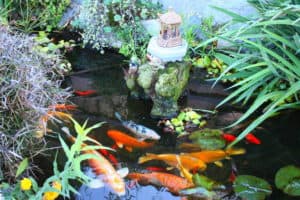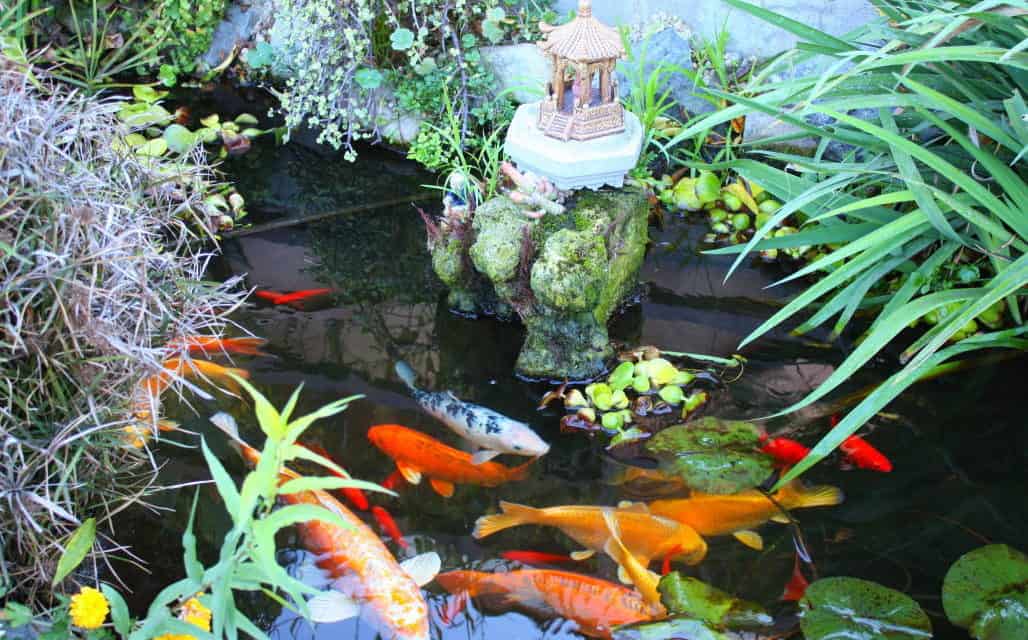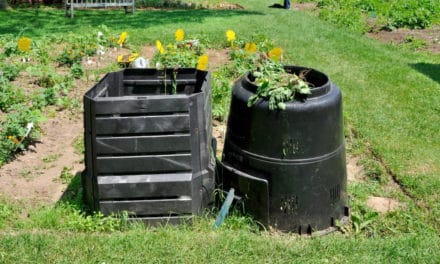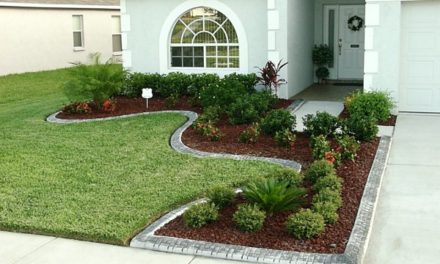Water Wise Fish Talk
By Tony S. Vaught
Many foothill and valley ponds have benefited from our short, late winter rains. The ponds have filled adequately and are ready to be stocked with fish for summer enjoyment.
As we move into the dry summer months, now is the time to pay attention to how we maintain a healthy pond and protect our fish. Here are 8 tips for a healthy pond and to insure the survival of your fish.
• Raise overflow pipes and spillways to the maximum height. This will insure that your pond starts the summer with the most water it will hold.
• Divert any safe and clean runoff to your pond. It is surprising how a simple ditch, uphill from your pond, can help supply it, even in a short thunderstorm. Runoff can also be caught from roofs and pavement areas.
• Secure an alternate supply of water from a well. Maintaining the level of your pond may only take a few minutes a day.
• Repair any leaks in the pond. Plastic, clay, or bentonite can help seal a pond. A healthy population of fish can also help with the job.
• Keep the water level up during critical spring spawning times. Do not leave nests high and dry. Also note that unlike most fish, bass and bluegill like shallow, warm water for spawning. • Keep a log of water depth so you can be prepared for low water and oxygen conditions.
• Plant trees away from the pond so they do not foul the water in fall or draw water from the pond. Plant tall trees so they provide some shade to reduce evaporation.
• Remove aquatic weeds that will reduce open water for fish when the water gets low. The lower the water gets, the more aquatic weeds will grow.
• Install aeration equipment to add oxygen and circulate water in the hot summer months. Running an aerator a few hours a day (3:00 a.m. to sunrise is best) will make your pond healthier and save your investment in fish.
A pond not only provides fun and food for your family, it provides wildlife with badly needed water and habitat.
Collectively, thousands of private lakes and ponds contribute to the rural ecology. Treat these jewels with respect and they will give back in many ways.
About the Author, Tony Vaught is the owner of Professional Aquaculture Services. He has been farming fish and stocking lakes and ponds throughout the western United States for over 35 years. Mr. Vaught has participated in many private and public fish restoration and enhancement projects. By researching different varieties of fish, their interaction and performance, he has developed formulas and strategies for a variety of environmental conditions. He can be reached at fish@proaqua.com or by phone at 530-343-0405. His websites can be viewed at www.proaqua.com and www.aquaculturedirect.com.
 bigstockphoto
bigstockphoto











